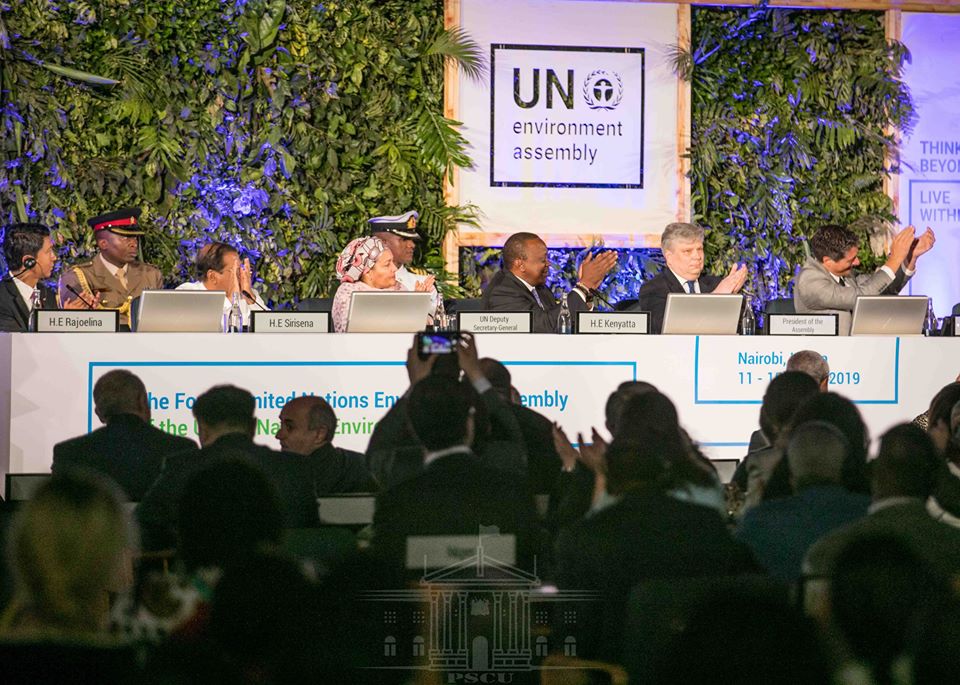Speaking on the sidelines of the fourth Session of the United Nations Environment Assembly in Nairobi, the Rwandan senior official reminded how climate change is already affecting societies especially in Sub-Saharan Africa.
“We are gathered at a critical time in the humanity’s relationship with nature,” Ngirente said.
According to him, never before have the pressures on our environment been greater.
“In many parts of the world, climate change is already affecting our societies. Economies and ecosystems are struggling to keep up with the rate of warming,” he said.
He further encouraged all member states that have not yet ratified the Kigali Amendment to the Montreal Protocol that aims at phasing out the use of potent warming gases by more than 80 percent over the next 30 years to do so as it will fast-track the phase-out of these gases, and strengthen global climate action.
He finally reiterated that Rwanda’s commitment to promoting sustainable management of the environment and natural resources and respecting its international obligations as we transition towards a green economy.
One of the major projects in Rwanda consists of ambitious programme aimed at developing six green secondary cities to help the country achieve sustainable economic growth through energy efficiency and green job creation.
The Rwandan government has identified six cities to become green secondary cities: Huye (south), Muhanga (central south), Nyagatare (northeast), Rubavu (northwest), Musanze (north) and Rusizi (southwest).
With the urban population growing at 4.5 percent a year, more than double the global average, Rwandan officials are now emphasising the need to develop secondary cities as poles of growth as the country has set a target to achieve a 35 percent urban population by 2034, according to official estimates.


